News
Less invasive surgical method in knee joint arthritis
29 October 2019 | News | Orthopedics and Traumatology, "Coxa" Clinic | Galust H. Galustyan
What is a proximal fibular osteotomy?
Since 2017 proximal fibular osteotomy has been used to treat arthritis of the knee joint not only in Armenia but also in the CIS countries. Unlike the previous standard methods, this surgery makes it possible to achieve a very effective clinical result due to a minimally-invasive and a short intervention.
Taking into consideration that the arthritis of knee joint is widely spread, the investment of this surgery has a great importance. 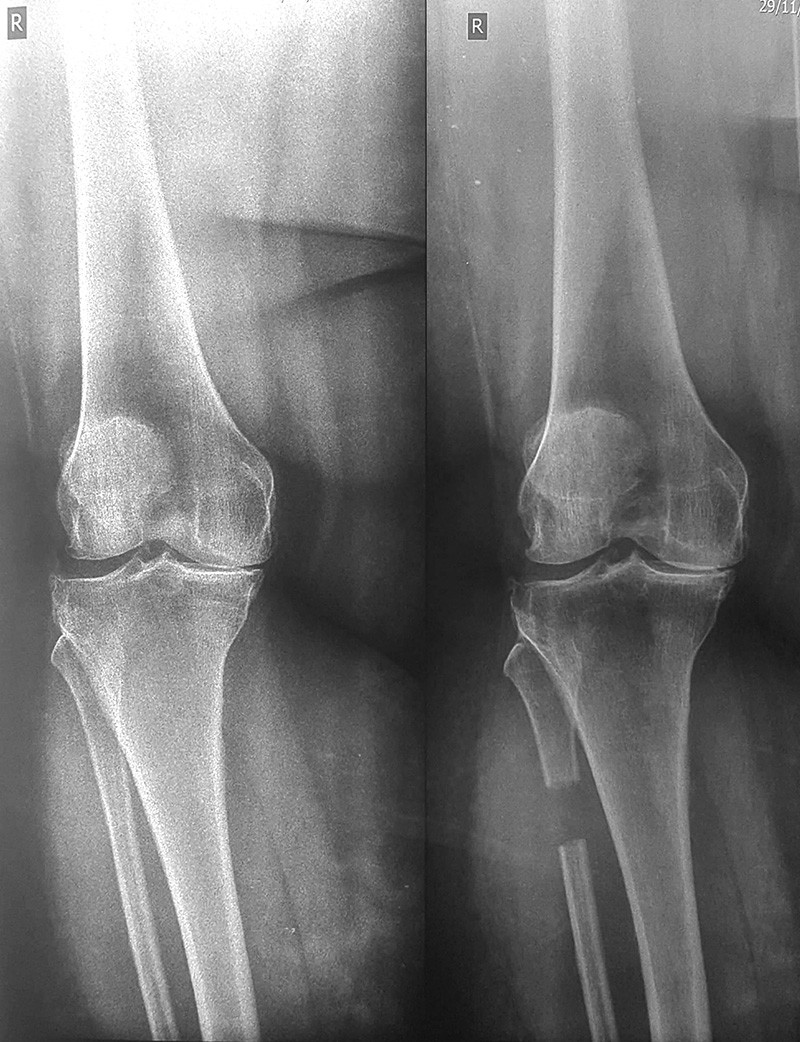 At the Orthopedic Oncology and Bone Pathology Service of ‘’Nairi’’ Medical Center up today more than two dozen patients have undergone this surgery. From the functional assessment point of view, the results in almost 95% of cases are excellent.
At the Orthopedic Oncology and Bone Pathology Service of ‘’Nairi’’ Medical Center up today more than two dozen patients have undergone this surgery. From the functional assessment point of view, the results in almost 95% of cases are excellent.
What are the advantages of this surgery compared to other types of surgeries for the same problem?
Unlike other surgeries, proximal fibular osteotomy has a number of advantages.
- It is less invasive
- It is not accompanied with a large amount of soft tissue damage
- Metal implant is not placed which is beneficial in terms of avoiding postoperative complications
- The operation takes about half an hour and the patients are discharged the day after the operation
How is the operation organized?
The operation is performed under spinal anesthesia, the patients are able to walk immediately after the operation. In nearly 95% of cases there is a complete elimination or a significant reduction of pain.
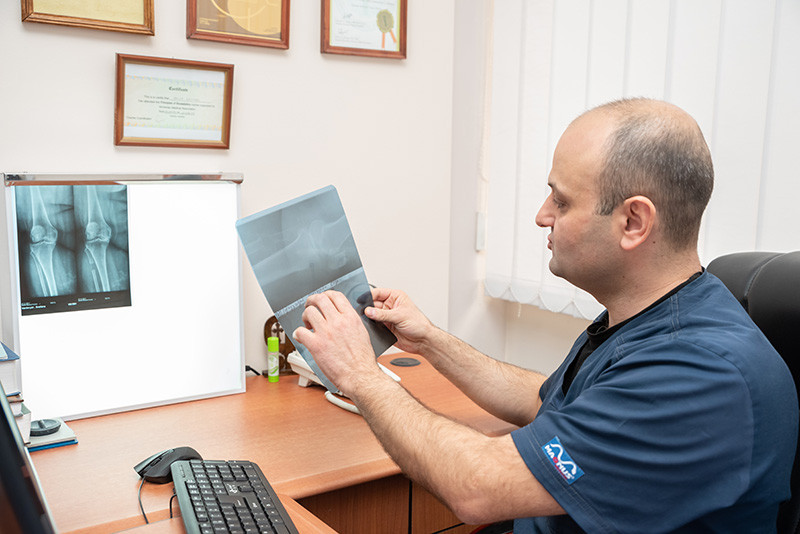
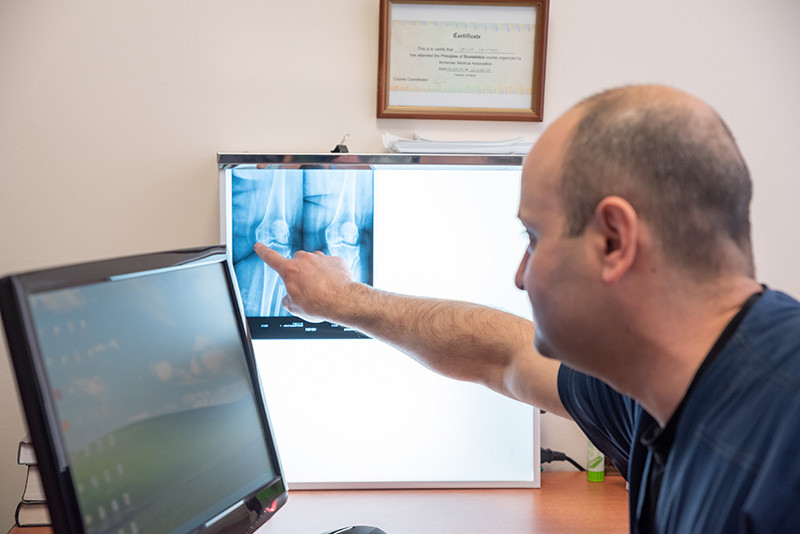
In how many days the patient may return to normal life?
Patients with this disease usually do not work because it is debilitating. In this case, after the operation they have the opportunity to start a much more active lifestyle.
How long does the operated joint last?
Thanks to this surgery it is possible to delay the primary endoprosthesis indefinitely, which is especially important for young patients as the life span of endoprostheses is limited and It is desirable to use patient’s own joint resources as long as possible and apply for endoprosthesis as late as possible.
Similar articles
-
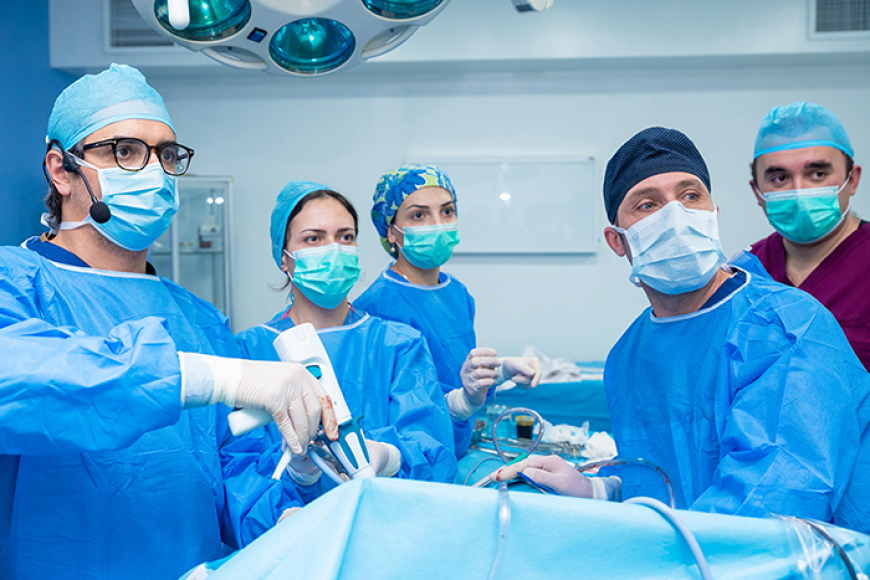
-

Disorders of Temporomandibular joint and depression
19 November 2019
-

-

Liver elastography. sonographer Kristine Martirosyan
05 November 2019
-
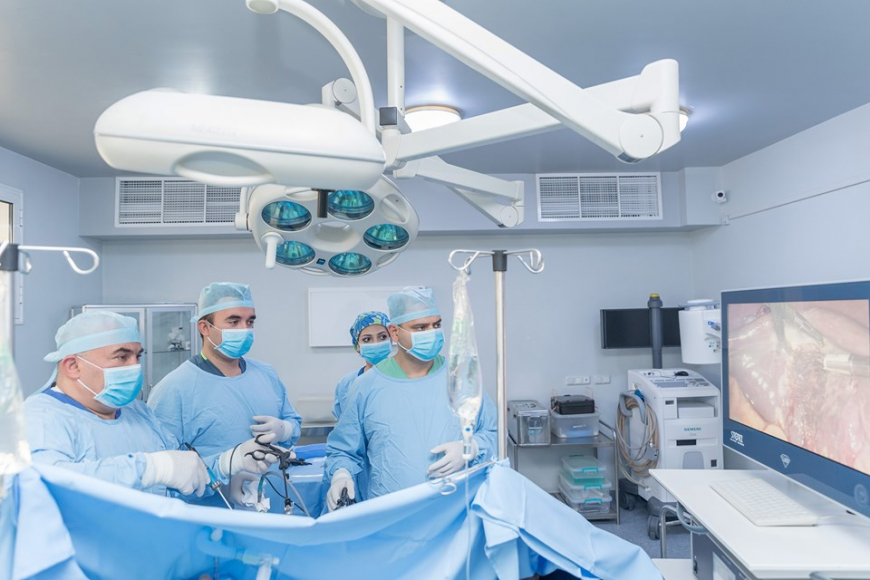
Surgical treatment of tumors in less invasive laparoscopic method
30 September 2019
View all
Sign up here for our newsletter





